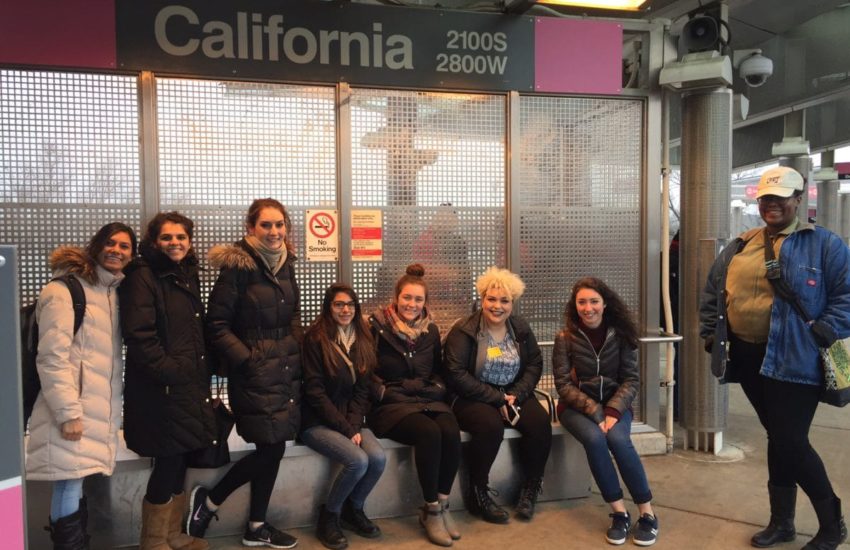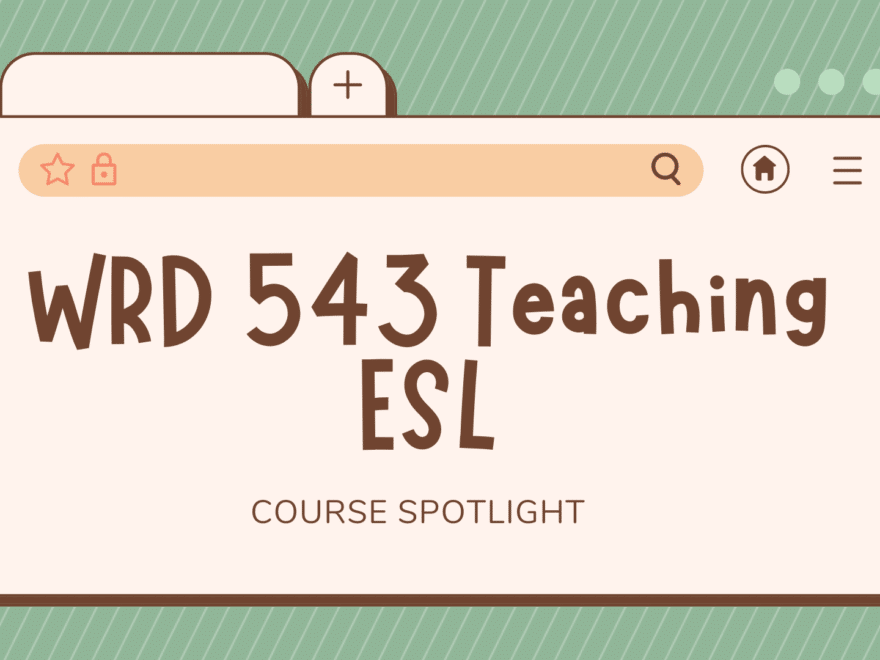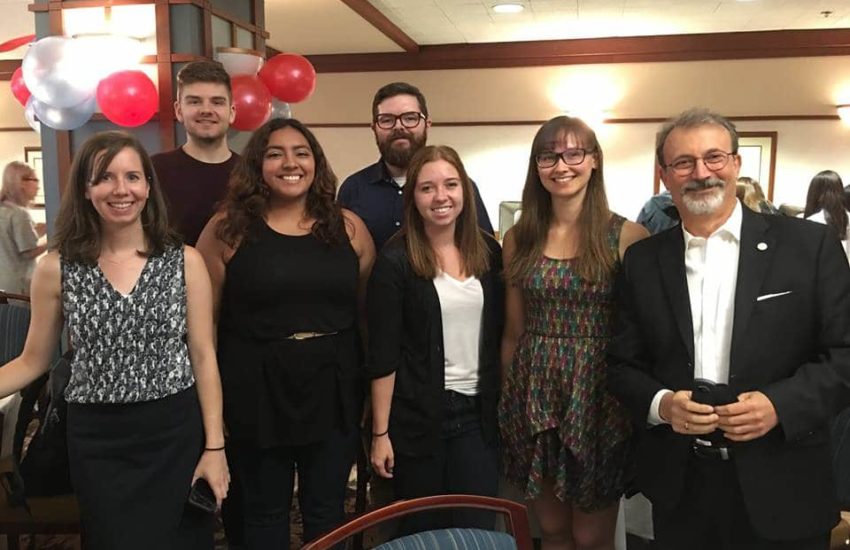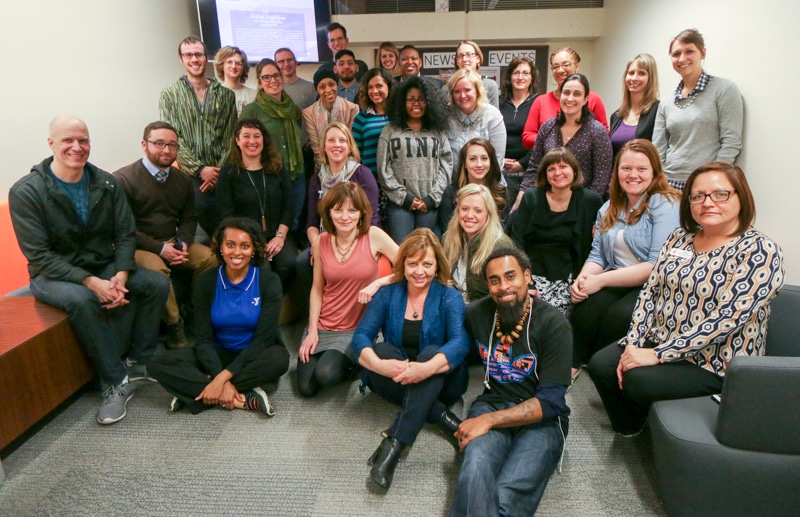Until the mid-20th century, our understanding of rhetoric was dominated by the foundational theory of Greek thinkers, and focused mainly on a speaker addressing an audience for persuasive purposes. Out of this tradition, we find descriptions of rhetoric as something discrete and narrowly defined: Cicero calls it “speech designed to persuade” and Quintilian says that rhetoric is “a good man speaking well.” However, during the cultural turn in the 1960s and 1970s rhetorical scholars took an interest in the work that rhetoric does in the everyday and in the world at large
Continue reading
